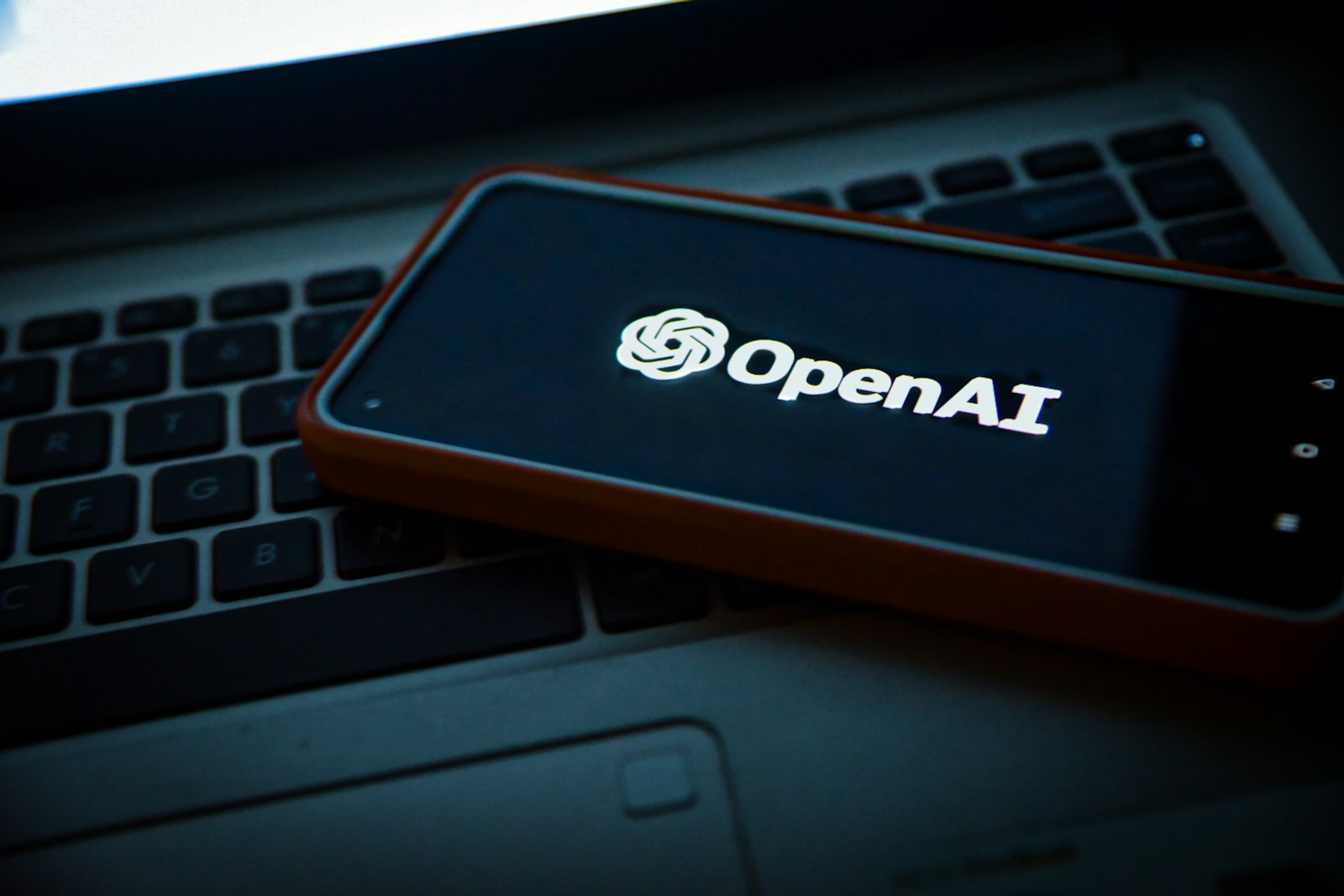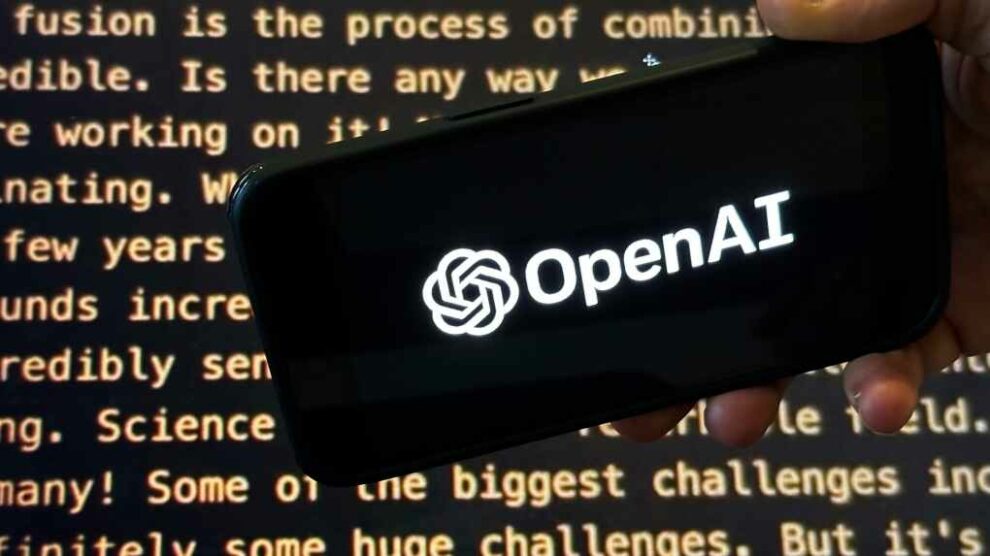OpenAI has secured a significant win against the publications Raw Story and AlterNet, who had accused the AI company of using their articles to train its language models without proper consent or compensation.
The lawsuit, filed in a New York federal court, alleged that OpenAI had removed the author names, titles, and other metadata identifying the copyright from the articles it had utilized for its large language model (LLM) training. The publications argued that this action violated the Digital Millennium Copyright Act’s (DMCA) provision protecting “copyright management information.”
However, in a decisive ruling, Judge Colleen McMahon dismissed the lawsuit, finding that the plaintiffs had failed to demonstrate a “cognizable injury” from OpenAI’s actions. The judge further noted that the “likelihood that ChatGPT would output plagiarized content from one of [their] articles seems remote.”
Importantly, the judge highlighted that the publications’ true grievance stemmed from the use of their articles in developing ChatGPT, “without compensation,” rather than the removal of copyright management information.
The judge also said that ‘the likelihood that ChatGPT would output plagiarized content from one of [their] articles seems remote,'” the article states.
This victory for OpenAI comes amidst a growing wave of legal challenges faced by the AI company, as several publications and authors have filed lawsuits over the unauthorized use of their copyrighted materials in training large language models.
While Raw Story and AlterNet’s lawyer, Matt Topic, has indicated that the publications intend to amend their complaint and pursue the case further, the dismissal of this initial lawsuit represents a significant early win for OpenAI.
The broader implications of this case extend beyond the specific parties involved. The legal landscape surrounding the use of copyrighted materials in AI training remains complex and evolving, with arguments on both sides involving issues of fair use, transformative use, and the broader societal impact of AI development.
As the AI industry continues to rapidly advance, the resolution of these copyright disputes will have far-reaching consequences for the future of large language models, their training processes, and the balance between technological progress and the rights of content creators.
The OpenAI vs. Raw Story and AlterNet case serves as a crucial precedent, setting the stage for further legal battles and the eventual establishment of clearer guidelines and regulations governing the use of copyrighted materials in AI development.
















Add Comment